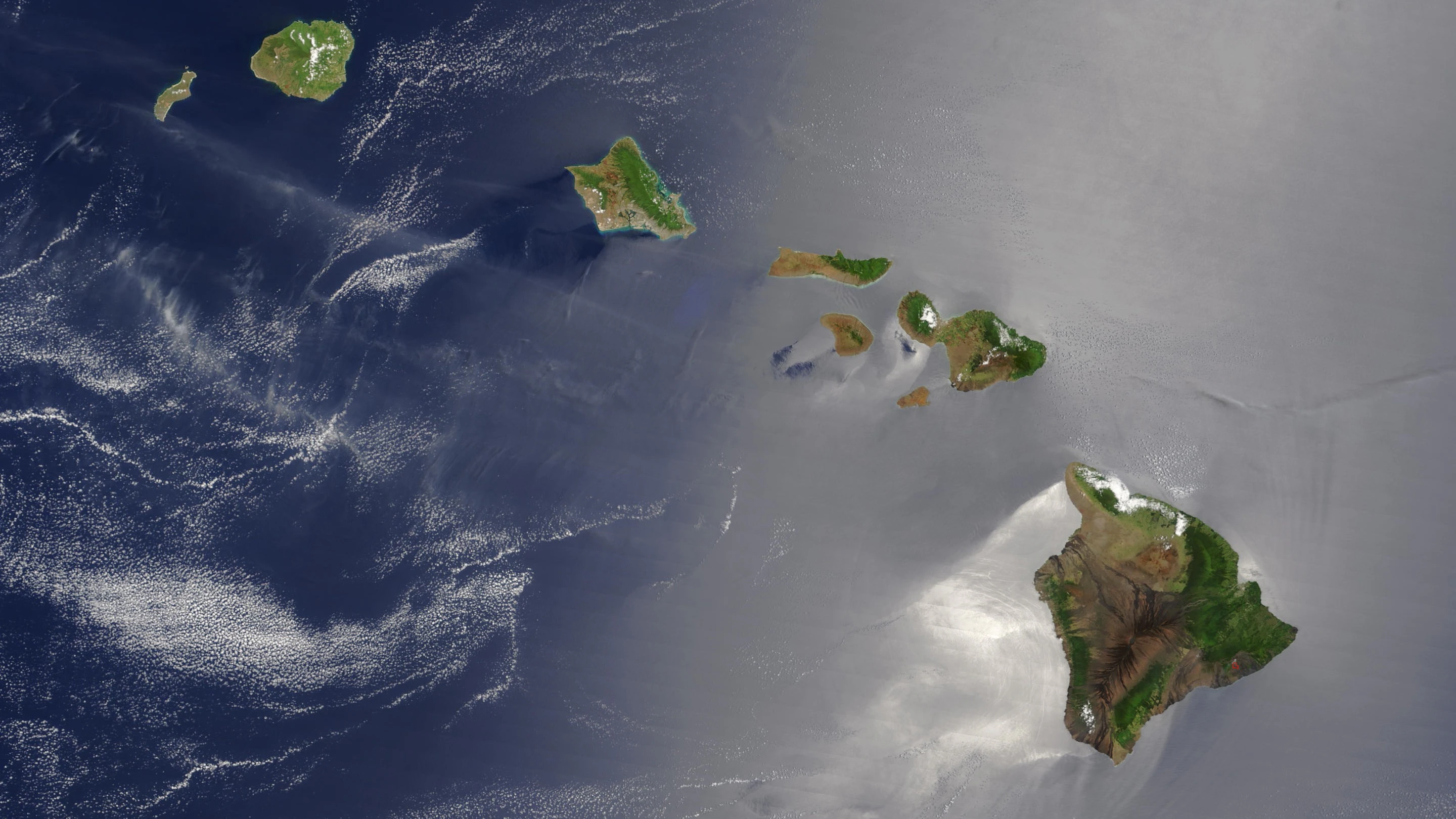High-speed car chases between cops and criminals could come to an end in Hawai‘i under pending legislation that would prohibit law enforcement agencies from such pursuits.
In an effort to reduce the risk of police actions escalating into car chases that endanger bystanders and drivers, House Bill 277 seeks to establish statewide policies for law enforcement vehicular pursuits.
If the bill were to pass, beginning July 2027, police officers would not be allowed to begin a “vehicular pursuit” — which the bill defines as an attempt by an officer in a law enforcement vehicle to stop a moving vehicle whose driver appears to be willfully resisting or ignoring the officer’s attempts — save in specific circumstances.
Specifically, an officer can only pursue if they have “a reasonable suspicion to believe that a person in the vehicle … is attempting to commit, has committed or is committing a crime,” and the pursuit is necessary to identify or apprehend that person, and if the officer believes the person poses a risk to public safety that outweighs the inherent safety risks of the pursuit.
Immediately upon initiating a pursuit, the pursuing officer would also be required to notify a supervising officer, who would be required to oversee the action and discuss with the pursuer alternatives, justifications and safety factors for the chase. The two would be required to communicate with common radio channels where possible and collaborate to end a chase at the earliest opportunity. Officers would be required to activate emergency warning lights, sirens, body cameras and dashboard cameras immediately upon engaging.
Furthermore, pursuing officers would be forbidden from firing a weapon at, into or from a moving vehicle except in order to protect against “an imminent risk” of harm to an officer or another. On the other hand, the bill does not impose restrictions on intentional collisions between pursuer and pursued vehicles.
Law enforcement agencies would also be required to submit an annual report of all vehicular pursuits that year to the Department of the Attorney General.
These requirements are not greatly different from the existing vehicle pursuit polices at the Honolulu Police Department. According to HPD’s publicly available policies, the department similarly requires officers to immediately notify a dispatcher of their intention to initiate a pursuit, and provide a justification and other safety concerns.
It is this similarity, among other concerns, that has led many state law enforcement agencies to oppose the bill. The State Department of Law Enforcement objected to the bill in March, submitting testimony arguing that the department maintains a comprehensive vehicle pursuit policy already, and that imposing similar requirements by state statute will not meaningfully improve compliance, while potentially limiting local agencies to adapt their policies to local circumstances.
Maj. James Slater, commander of HPD’s Traffic Division, told the Aloha State Daily via email that HPD has recommended that each county be able independently draft its own policies based on their own specific needs and circumstances.
“Rather than dictate police policy through legislation, it is HPD’s position that the standards, review and direction for policies should be set by the (Law Enforcement Standards Board),” Slater wrote. “We recommend that the Legislature create a resolution for the Board’s review and make recommendations for all departments’ pursuit policies as the Board already has the authority, instead of forcing policy change through legislation.“
Robert Cavaco, president of the State of Hawai‘i Organization of Police Officers, submitted a fiery rebuke to the bill, writing that it “does not enhance public safety—it erodes it by systematically dismantling the authority and discretion of trained professionals.
“If we continue down this road of attacking our police instead of supporting them, we will find ourselves in a Hawaii that is less safe, more lawless, and governed by fear—fear of criminals and fear of officers being punished for doing their jobs,” Cavaco wrote.
Cavaco predicted that the measure will put officers in a “lose-lose” situation: pursue a suspect and risk prosecution for violating state regulations, or hesitate to pursue and allow a suspect to escape.
On the other hand, the measure has its share of advocates. ACLU Hawai‘i argued that the non-standardized pursuit policies across the state’s law enforcement agencies leaves them ripe for abuse.
“Allowing officers to engage in pursuit for any crime, so long as they can reasonably justify the pursuit … gives far too much discretion to police officers,” read a statement by ACLU Hawai‘i’s policy director Carrie Ann Shirota. “It makes it difficult for officers to make critical decisions in the heat of the moment: it is far easier and simpler to first determine if behavior fits into a certain category of crime than to balance out a variety of factors related to public safety, risk, and necessity for all crimes.”
Shirota cited a Sept. 2021 Honolulu police chase involving four police officers that ended with the pursued vehicle crashed, its driver with brain damage, a then-14-year-old passenger paralyzed, three other passengers injured and, ultimately, all four officers with felony charges.
In that incident, the four officers reportedly kept their emergency lights and sirens off, rammed the victims’ vehicle off the road, and drove off, leaving the victims’ vehicle to hit a ditch and launch over a concrete wall. The officers were then dispatched to the scene of the crash, where they allegedly acted as though they had no prior knowledge of the incident.
Despite assurances by HPD that it would revisit its vehicular pursuit policy, the Jan. 2024 pursuit of Sidney Tafokitau — wherein, according to eyewitnesses, more than 40 police vehicles allegedly pursued Tafokitau, who shot at them repeatedly, wounding two officers, before being gunned down — also led to at least one bystander being injured by a police vehicle, ACLU Hawai‘i commented.
One hurdle yet remains before HB 277 reaches the governor’s desk. The bill will go before conference committees in the coming weeks to hash out lawmakers’ disagreements about various amendments to the measure.
Aloha State Daily reached out to Rep. David Tarnas, the bill's prime architect, for comment, along with representatives of ACLU Hawai‘i and SHOPO.





